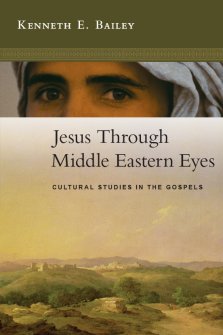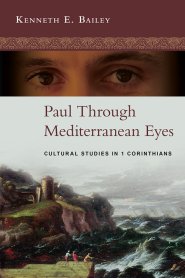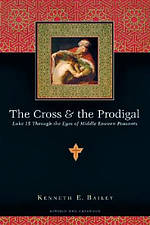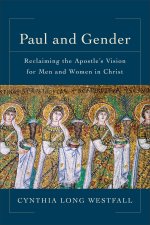The core argument of this challenging book is that St Paul wrote 1 Corinthians very deliberately within rhetorical conventions familiar to first century readers; that these conventions have been obscured in translation and overlooked in commentaries; and that reading 1 Corinthians very closely with careful attention to its references to other writings reveals it as a very determined and forceful proclamation of faith for all Christian churches – not just for the young church in Corinth. The rhetorical conventions it echoes, sometimes ironically but more often with high seriousness, derive from both Hebrew and Greek precedents. Most prominently, Bailey argues, this Epistle is based in the Hebrew tradition of parallelisms, where an idea is stated and is then immediately followed either by a repetition or by a contradiction. 1 Corinthians, he suggests through close commentary, uses this tradition both in details and in the overall structure of its argument. The resulting readings show that its affirmation of the cross and the resurrection would have carried huge rhetorical conviction. And alongside this, more episodic parallels with Greek oratory would have worked to affirm, for example, the triumph of humility and suffering in Christ as against the triumph of warlike heroism praised by Pericles.
This book demands close and patient attention from its readers. It thrillingly proposes a new way into an often puzzling, and perhaps undervalued, Epistle.
Trustpilot












